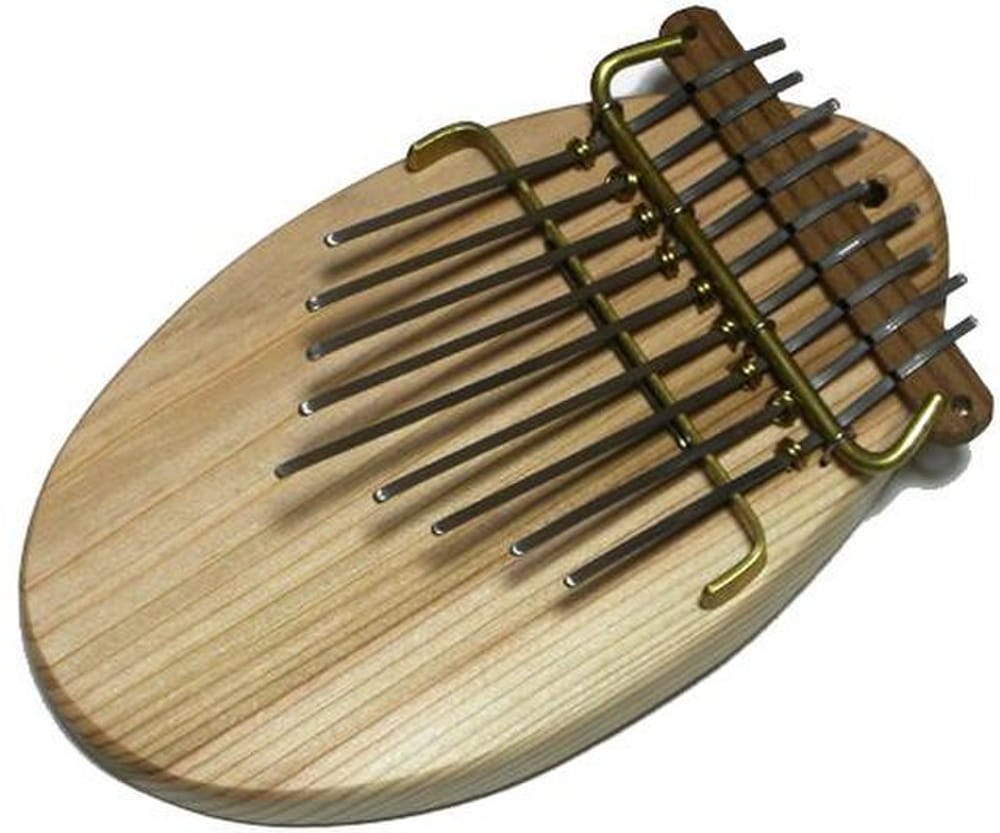Stay in the Loop
BSR publishes on a weekly schedule, with an email newsletter every Wednesday and Thursday morning. There’s no paywall, and subscribing is always free.
Musical humans
In the city of Philadelphia, to exist is to make music

If we placed every musical score, recording, and textbook in a stack, it would pierce the veil of our atmosphere. If the Lord decided, in all Their love and kindness, to rain gasoline on these objects of worship and then zap them with divine lightning—in the golden glow of cleansing sunset—I would be grateful and content. Warm from the embers of excised idolatry, there is much to dance and sing.
Music-making (or as Christopher Small calls it, musicking) should be a part of everyday experience. Music constantly accompanies our lives: birdsong, shrieking subway wheels, crackling fire, rushing rivers, ecclesiastic reverberations filling vaulted rooms. We are built to respond! We are beings of music. We are transformed by the simple actions of call and response, of listening and playing, such that our reality can pivot on a single note. Every one of us can make music.
A transformation
You could say we have no time. We are too overworked for a musical revolution, between dishes and existential agony and bodily pain and caring for those we love—we cannot possibly fit another obligation.
But I suggest a transformation (if one’s self and surroundings are capable): that while we work, while we ride the subway, stroll through the park, play with our kids, we listen and make music.
Our creator's force endows us with these bodies, these minds, our hands, our eyes, our voices, air which lets us breathe, air which resonates—not unlike time—the fluid within which we move and play. Whistles, grunts, buzzing, tapping, clicking, farting, burping, drumming, singing. We not only make noise, we organize it, we pay attention to it, we seek meaning in it.
Yet ask random people on the street if they are musicians, ask them if they create when they sing or drum or whistle, and they will deny that they create anything at all, even if caught in the act of doing so. Why?
Maybe one day?
Our musical imagination is tied up with our bodies. From the moment we enter it, school regulates us, shushes us, forces us to sit and stand, use certain tones and vocabulary. We get some relief in music classes, where we learn to play properly, to reduce our noises, to produce correct tone and timing, and do as scores and conductors tell us. We learn that we are not yet capable of being musicians, of having our own thoughts. Maybe one day, if we work hard and become exalted, we too can write a piece of music, create a record, an object. The power of this talisman is immortality.
Fast forward five years, a decade or two: we have not become musicians. We are adults, morbidly immobile yet pushed to the brink of exhaustion. We listen to music through headphones—not only engaging with music from behind a veil, but too insecure to share that experience. We leave production to virtuosos and opinions to critics. They are experts; we make noise, mere nonsense that shouldn’t be taken seriously. If only we had stuck with it. Now we engage in those fleeting moments and to our traumatized bodies, a moment is never enough to be real on its own.
To those who have felt for an instant the crisp snap of a heart in failure, I say look to the sky. Does a bird need permission to sing? They smell the salt air, beak filled with berries or a tasty grub, let loose upon the world their own desire, their own imprint, they sing what they know, of love, of enemies. A swallow soars toward the water, coming impossibly close to disaster for the joy of dipping its feet.

Practice for the soul
Deeply listening is a form of mindfulness, of taking in one’s surroundings, paying close attention to what sound is, how it is structured, where it goes, how it bounces around inside your mind. It is relaxing and fulfilling to stop thinking about all the things to do and simply appreciate.
And inseparable from listening is making music. We can sing with our families, our friends, and the hum of air conditioners. In fact, it’s a common pastime for families to musick together, whether in religious services or just for fun. We can bang on pots, whistle, make up little songs to sing to one another, come up with greetings, in-jokes, make a language all our own and imbue it richly.
Musicking often means finding a sound you like, and finding ways to make it again, and make variations on it, and create forms with it, to be happy to be free. It can be accidentally knocking a sturdy mixing bowl or hearing water passing through ice.
The city of musical love
In my meanderings through Philadelphia, I carry a kalimba: a thumb piano, a series of levers which vibrate a plate inside a resonating box. It’s portable, sturdy, and I can play as I walk. I enjoy its syncopated and uneven rhythms against my footsteps and heartbeats, its tones and buzzes against the backdrop of engines and chatter or birds. I improvise. I play just to play, ’cause it’s nice for the world to feel full of life.
Six months ago, I had never even heard of a kalimba. Now, I find it impossible to put down. There is something inviting about the tone of this almost-magical box that draws people in to listen or occasionally join.

Through my first year in Philadelphia, I’ve been buoyed amidst economic austerity by friends, by music, by free and inexpensive instruments galore. It all started with a feeling of transcendence while going to hear This is It!. I had no idea that I’d be walking into a whole world of avant-garde music, that I would be going to free shows at the Rotunda, walking around Philly’s ruins and parks, checking out Fire Museum Presents and free instruments at the library, playing around with modular synthesizers and a free open-source emulation VCV Rack, buying my first kalimba at Eye’s Gallery, and eventually performing my first show as a part of Leo Suarez’s Randomness concert series. I don’t know where I would be if I had not found my voice. If I had not begun to sing with the birds and the strangers on the street.
All our voices
This is in part because we as human beings, fundamentally social, need other people to validate us, to reciprocate. We are afraid; we find our own voices weak and out of tune with our thoughts. But to hear another’s confidence in making music, just to make it, not only demonstrates that we are all capable. It also calls our bodies to action. A truly democratic musical culture goes hand in hand with a society that acknowledges and accepts us, that comforts us, that allows us to be at home in our feelings and sensitivities. The only way forward is to reject the cult of genius, extinguish the superstar, and listen to one another, to hear all our voices as musical, to play, to sing.
Sign up for our newsletter
All of the week's new articles, all in one place. Sign up for the free weekly BSR newsletters, and don't miss a conversation.

 Aaron Pond
Aaron Pond